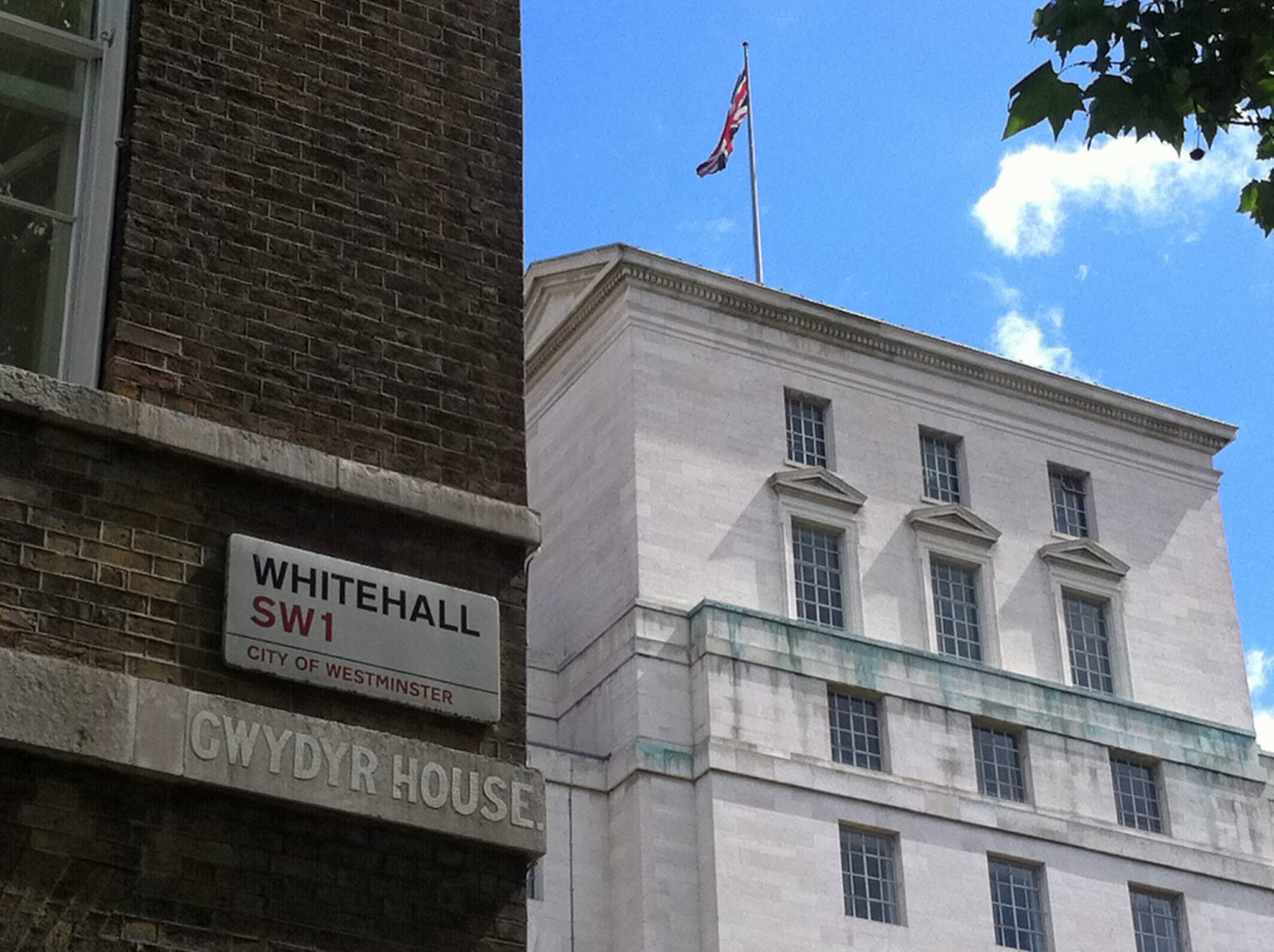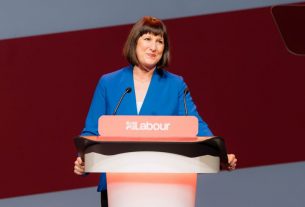Boris Johnson’s promised Whitehall shake-up is continuing apace. Director general of the Attorney General’s Office, Rowena Collins Rice, announced her resignation only hours after the departure of Sir Jonathan Jones, head of the Government Legal Department. This brings to seven the number of top civil servants leaving their job since the general election. The head of the civil service, as well as the permanent secretaries a the Home Office, Education Department, Ministry of Justice, and Foreign Office, have all resigned.
But these events are likely to fit into the PM’s Whitehall shake-up plans. Both Boris Johnson and trusted top advisor, Dominic Cummings, vowed to overhaul the UK civil service earlier this year. Shifting some of the power from the civil service into the Prime Minister’s hands is what commentators believe to be the motivation behind the shake-up.
Nevertheless, a sense of disarray and chaos exist at Whitehall.
Whitehall shake-up
According to a Times report in June, Mr Cummings told political aides during a Zoom meeting that the coronavirus pandemic had exposed the workings of the Cabinet Office as ‘incoherent’, thus signalling major change at Whitehall. Successive governments have tried to reform the civil service, but no other administration has seen a string of resignations like the current one.
Critics of the reforms have accused the PM and his advisor of attempting to centralise power, an idea, Mr Cummings has refuted out of hand:
“Anybody who has read what I’ve said about management over the years will know that it’s ludicrous to suggest. The solution to Whitehall’s problems is a bigger centre and more centralisation.”
“It’s already far too big, incoherent and adds to the problems with departments.” Instead, he said he wanted to create a “smaller, more focused and more elite centre.”
A tale of seven resignations
The first resignation back in February saw Sir Philip Rutnam leave his post as Permanent Secretary of the Home Office. The breakdown of his relationship with Priti Patel sparked his departure and led him to initiate legal proceedings against the Home Secretary.
Sir Rutnam’s resignation preceded that of Sir Simon McDonald, permanent secretary of the Foreign and Commonwealth Office, who announced he would leave in September at Boris Johnson’s request.
In July, Sir Richard Heaton stood down from his position as permanent secretary at the Ministry of Justice. And in the same month, the UK’s most influential civil servant, Sir Mark Sedwill, also announced he would leave in September. According to the BBC, Sir Mark was unhappy about the Prime Minister’s plan to divide his role as National Security Adviser and Cabinet Secretary into two posts.
Before the two most recent resignations, Boris Johnson sacked Jonathan Slater in the wake of the exam result algorithm debacle in August at a time when one might have expected Gavin Williamson, the Education Secretary to step down.
Civil servants union, FDA, seeks investigation into special adviser powers
Furious about the chain of resignations, FDA general secretary, Dave Penman, sent a letter to William Wragg, calling on the Public Administration and Constitutional Affairs Committee to scrutinise the changing role of government Special Advisers under Boris Johnson and Dominic Cummings.
In the letter, Penman expressed deep concern over “a cadre of Special Advisers with little security of employment …. being directly managed by No 10 through the PM’s Chief of Staff.”
He added:
“Even without the concern over how this power over employment is being deployed, it is clear that there is a deliberate approach from No 10 to fundamentally change the nature of the role”.
“If Special Advisers are no longer appointed to serve a single Minister, then how can the accountability and responsibility outlined in the Ministerial Code be enforced? … These changes clearly dilute the special relationship between Ministers and Special Advisers and create a series of constitutional contradictions.”
Public Administration and Constitutional Affairs Committee has agreed to examine the FDA general secretary’s concerns.




